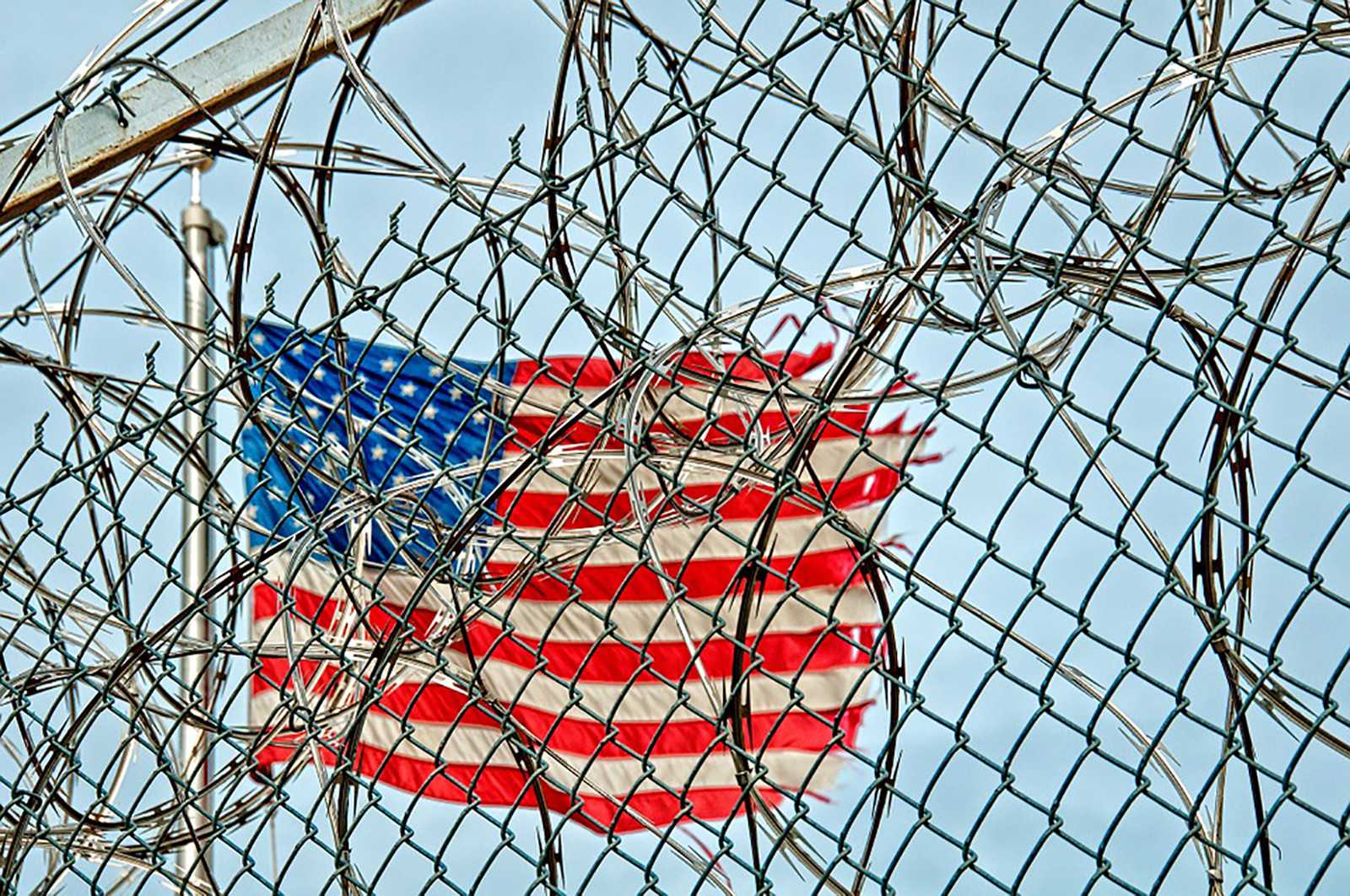A Monday piece from the Chicago Tribune highlights an issue most of us have never heard of before: In “at least” 43 states, it is legal to seek “room and board fees” from released prisoners. In other words, it is legal to file lawsuits against prisoners after they have been released as a matter of making them pay for the time they spent locked up.
This system, which is allegedly intended to lessen the financial burden of taxpayers, fines inmates for their time by supposedly seeking out those who have come into any sort of money during or after their stays and, for lack of a better term, targeting them with lawsuits.
According to the Tribune, most inmates in the Illinois Department of Corrections — the prison system on which the article focused — are poor, “unlike many white-collar criminals populating federal prisons.”
One particular story focuses on Johnny Melton, a man who had spent 15 months in prison on drug charges and was then sued for nearly $20,000 for his stay in prison. This un-coincidentally came about after he had received $31,690 “to settle a lawsuit over his mother’s death.”
This whole situation is eerily reminiscent of some dystopian novel like “1984,” depicting a society in which the government watches the people who come into money through some secret lens and immediately slams a gavel down on their checkbooks and drags them back into the depths of their system.
But this isn’t a dystopian novel, and the fact that these double-whammy lawsuits are against those who have served sentences for drug charges makes this even worse.
Our inmates are already coming out of prison at a disadvantage. With these lawsuits, prisoners have nary a chance of making honest livings, finding places to go or becoming contributing members of society once they are released. Many argue these burdens will have a “chilling effect on the incarcerated asserting their constitutional rights.”
This speaks to the complete unproductivity of the United States prison system. Instead of making prison a rehabilitative process for inmates to come to terms with the immorality and illegality of their ways, prison has long continued to be an overcrowded space filled with many inmates who see no feasible life after their sentences have ended. In turn, they come to spite the system that wronged them. Instead of encouraging a released prisoner to start anew with the money he has acquired, the government pulls his chair out from underneath him and turns the clock backward. No one is coming out better on the other side.
Prison isn’t a 5-star hotel, and inmates didn’t choose to make their stays there. It isn’t as though there is an option of “pay and go free.” You are required to serve your sentence, of course — if you do the crime you do the time. But if we can’t afford to be sending people to prisons then maybe we need to stop using them so wistfully, especially when it comes to drug charges.
Alan Mills, executive director of the Uptown People’s Law Center, said it best to the Tribune: “If you don’t have a way to support yourself, you go to the underground economy. That’s criminal, and you go back to prison … That’s horrible public policy.”
There will always be someone who rebuts with, “Those released prisoners are just going to spend their new funds on drugs, anyway.” Well, maybe so. But paying a fee after the fact isn’t going to change this — perhaps if we spent money rehabilitating drug addicts and helping them find jobs post-release, this wouldn’t be such a huge issue. Or better yet, maybe we could decriminalize marijuana, making many drug charges obsolete. However, this is seemingly impossible considering the strong stigma so many have against drugs, drug charges and prison in general in this country — this may be an argument for another day.
According to U.S. Presidential candidates and former U.S. Sens. Hillary Clinton and Rand Paul, the United States only houses 5 percent of the world’s population, yet the country hosts “almost 25 percent of the world’s total prison population,” The Washington Post reported.
It’s a shame that this is one of the first times we are hearing about this issue, but it isn’t surprising. This is something the government would surely cover up to avoid any backlash or confrontation. People cannot protest what they don’t know.






















































































































